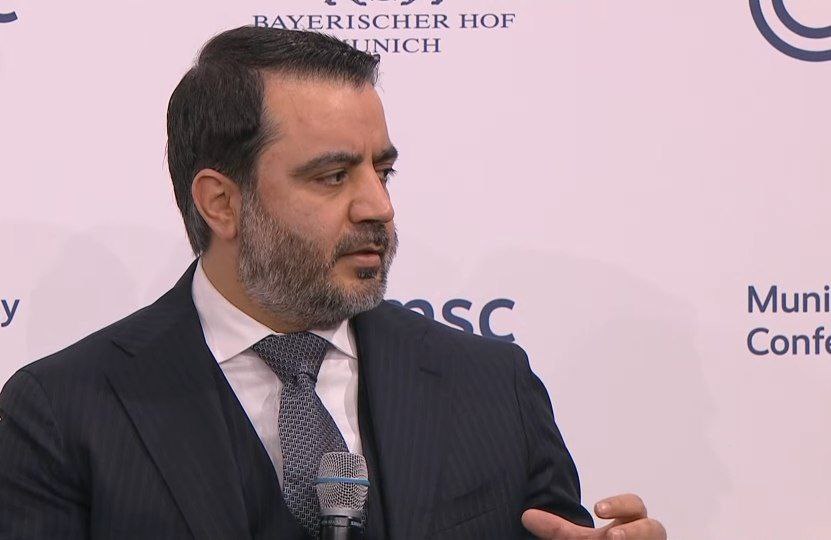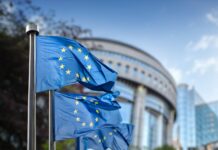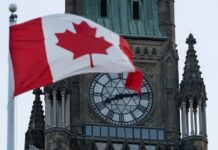
Syria’s new administration continued its diplomatic push on the global stage with its participation in the Munich Security Conference (MSC), where Foreign Minister Asaad al-Shaibani met with key international counterparts to discuss Syria’s transition, reconstruction, and security challenges.
Shaibani held meetings with Turkish Foreign Minister Hakan Fidan, Norwegian Foreign Minister Barth Eide, and British Foreign Secretary David Lammy. He also met with German Foreign Minister Annalena Baerbock, who emphasized the need for inclusive representation in Syria’s ongoing national dialogue process.
The conference, which began Friday and runs through Sunday, has brought together more than 50 heads of state and 100 foreign and defense ministers. Syria’s participation follows its recent presence at the Paris Conference on Syria, where global powers pledged support for the country’s transition.
Diplomatic Discussions & Policy Priorities
According to the Turkish Anadolu Agency, Shaibani and Fidan discussed efforts to combat terrorist organizations, reconstruction plans, and the formation of a new Syrian government. Turkey’s role in stabilizing Syria has been a focal point of diplomatic engagement, with both nations recently reaching agreements on energy cooperation.
In his address at the conference, Shaibani underscored Syria’s commitment to national unity, rejecting sectarianism in governance. “Diversity in Syria strengthens our unity,” he said. “The next Syrian government will be based on competence, not sectarianism. Power will not be in the hands of one person but in the hands of the Syrian people.”
Al-Shaibani also renewed Syria’s stance on territorial sovereignty, declaring, “The Golan Heights is Syrian land, and no one has the right to give it to anyone.”
Sanctions & Economic Challenges
The issue of international sanctions was a recurring theme throughout discussions. Speaking from Munich, the United Nations’ envoy to Syria warned that the country’s economic recovery depends on easing sanctions. “The Syrian economy cannot be fixed without lifting sanctions,” the envoy said, adding that energy reform is urgently needed and that security and inclusive representation are the top priorities for stability.
Shaibani echoed these concerns, arguing that sanctions are limiting Syria’s ability to move forward. While international discussions on sanctions relief remain ongoing, Syria has already begun negotiations with Jordan and Turkey to improve energy supplies, with expectations that electricity access will expand to eight hours per day within a year.
Shifting Relations & Governance Reforms
In a sign of broader geopolitical shifts, al-Shaibani confirmed that preliminary negotiations with Russia have begun regarding the fate of deposed dictator Bashar al-Assad. He stated that existing contracts with Moscow would not be renewed and that Syria “will not be subordinated to any regional axis.”
The foreign minister also announced plans for institutional reforms, including the resumption of state television broadcasts, the appointment of a presidential spokesperson, and the closure of certain foreign diplomatic missions linked to the previous regime. Dismissals of Assad-era officials in embassies and consulates are set to begin in March.
Syria’s participation in the MSC reflects its ongoing efforts to gain international legitimacy and secure economic and security assistance for the country’s post-conflict transition. With critical decisions expected in the coming weeks, including the anticipated formation of a new government by March, the conference served as a key platform for the administration to present its vision for Syria’s future.








